Some people in academia (and many outside it) don’t appreciate the importance of PhD supervision . An academic supervising PhD students is not merely for the educational purposes, or in other words, for the benefits of the postgraduate student. The value of postgraduate supervision lies in pushing the boundaries of knowledge, about testing new ideas, new approaches or even new methods.
Interestingly, enough it means that PhD supervision for an academic is also about developing their own ideas, expanding one’s CV, and developing one’s career. Whilst for the university it is also for the wider benefit of research for the wider society. The latter means that PhD students help improve the REF (Research Excellence Framework) scores for a university, through metrics such as number and proportion of PhD completions, but also through papers based on PhD research co-authored with staff. It always amazes me how some outsider regard PhD supervision as simply more of the same, i.e. not that different from supervising an undergraduate student.
Looking at my ow CV, some of my best papers have been co-written with PhD students, including my most cited paper on SCOPUS [1]. Moreover, as the graph of my h-index [checked SCOPUS for May 19th 2025] shows four of my top eight highest cited papers were co-authored with postgraduate students [1-4]. Papers that would not have been written without the postgraduate student conducting knowledge-advancing research! 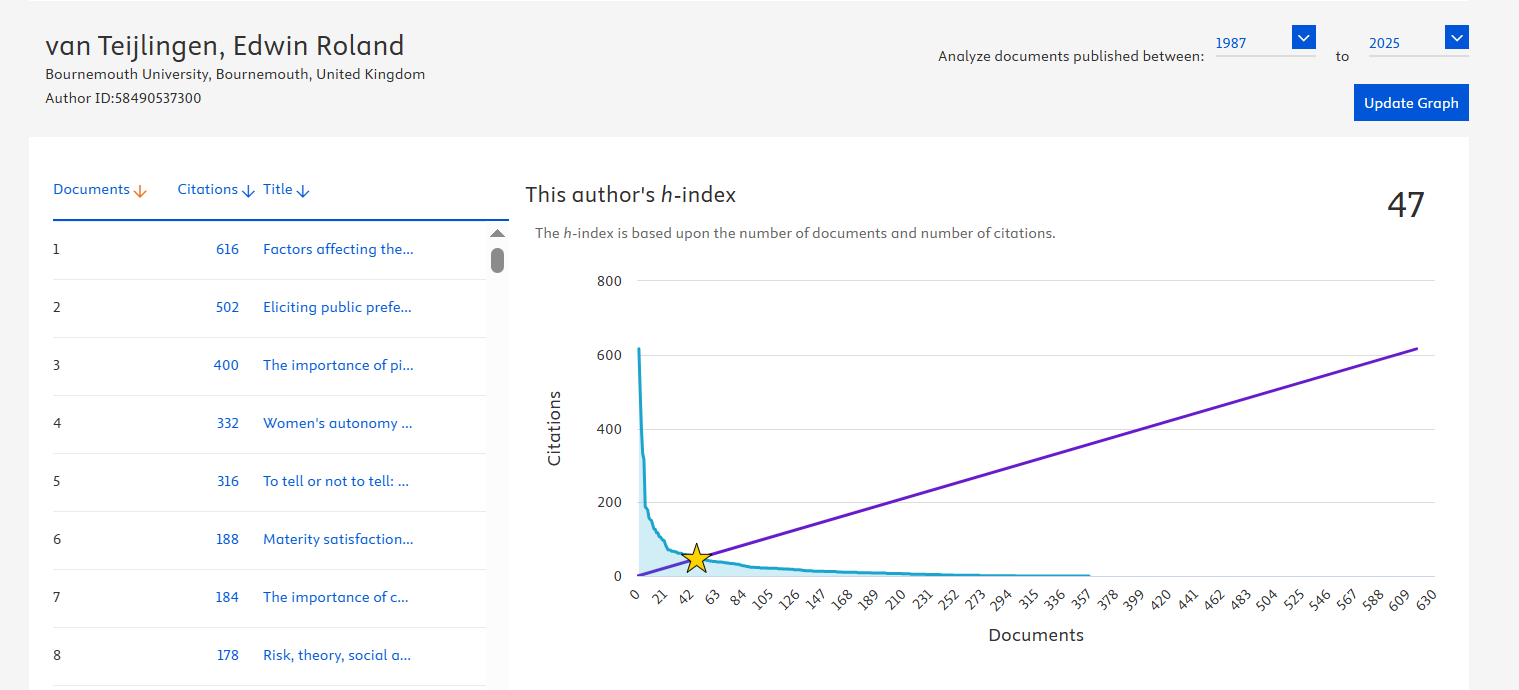
Not surprisingly, three of the four former PhD students who co-authored these highly-cited papers are now in academic positions across the UK (the fourth one has retired). These four highlighted papers are not just looking good on my CV, they are also highly ranked within their respective journals. The first paper [1] is the 28th most cited paper in the Journal of Advanced Nursing, an impressive 28th position out of 12,762 articles ever published by this international journal. Similarly, the paper ‘Women’s autonomy in decision-making for health care: Demographic study in Nepal’ [2] is the 10th most cited paper in Reproductive Health, whilst ‘ To tell or not to tell: Barriers and facilitators in family communication about genetic risk’ [3] is the 20th most article in Clinical Genetics. Last, but not least, ‘Risk, Theory, Social & Medical Models: critical analysis of the concept of risk in maternity care’ [4] is the 17th most cited article (out of 3,910) in the international journal Midwifery.
Prof. Edwin van Teijlingen
Centre for Midwifery & Women’s Health
References:
- Simkhada, B., van Teijlingen E., Porter, M., Simkhada, P. (2008) Factors affecting the utilisation of antenatal care in developing countries: a systematic review of the literature, Journal of Advanced Nursing 61(3): 244-260.
- Acharya, D.R., Bell, J., Simkhada, P., van Teijlingen, E, Regmi, P.R. (2010) Women’s autonomy in decision-making for health care: Demographic study in Nepal. Reproductive Health 9(15) reproductive-health-journal.com/content/pdf/1742-4755-7-15.pdf
- Forrest, K., Simpson, S., Wilson, B.J., van Teijlingen E, McKee L, Haites, N., Matthews E. (2003) To tell or not to tell: Barriers and facilitators in family communication about genetic risk,Clinical Genetics, 64: 317-26.
- MacKenzie Bryers H., van Teijlingen, E. (2010) Risk, Theory, Social & Medical Models: critical analysis of the concept of risk in maternity care, Midwifery 26(5): 488-496.
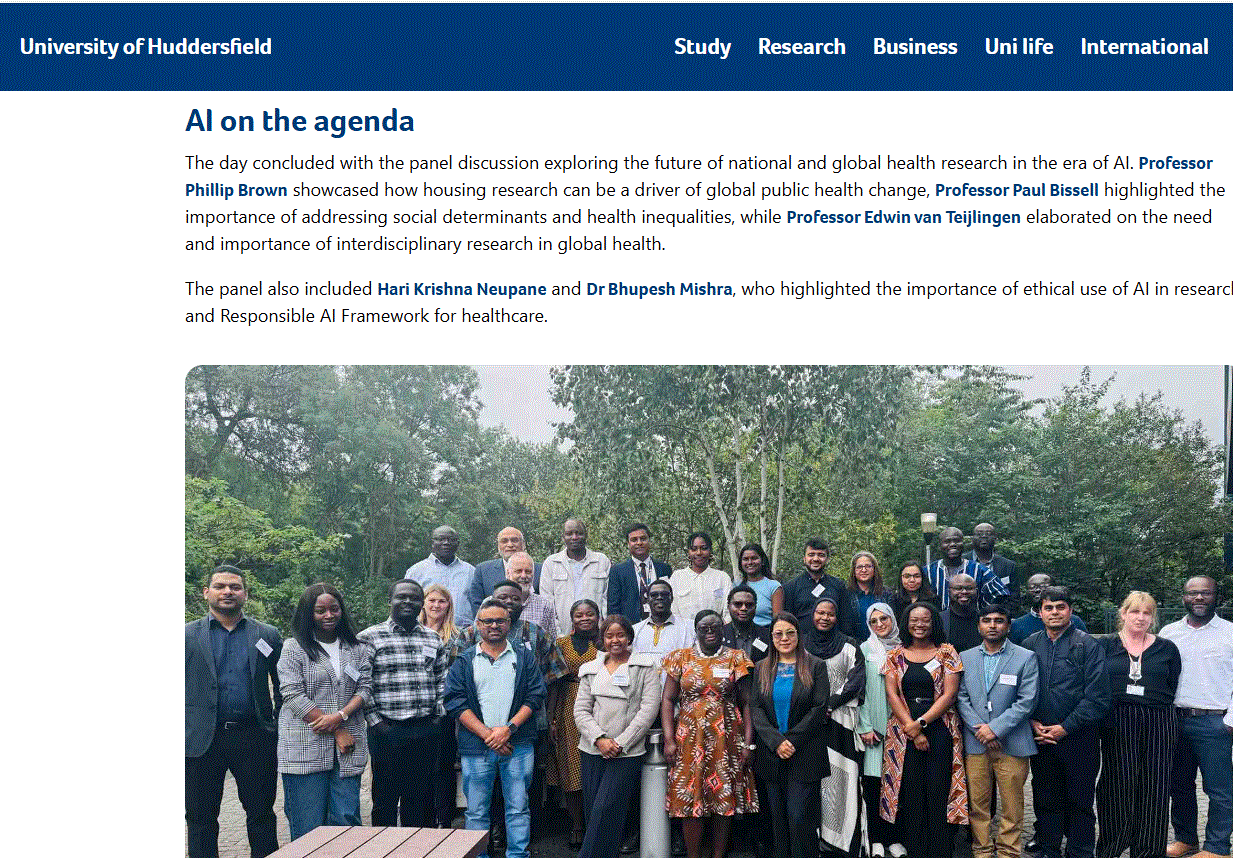

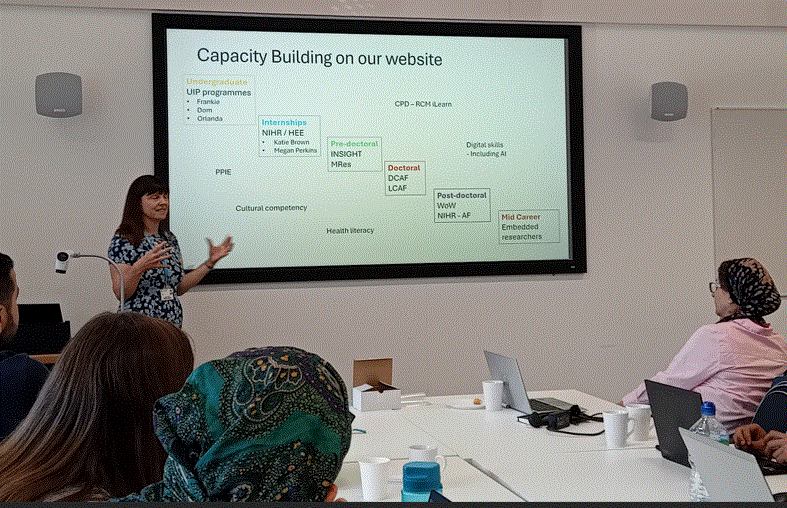


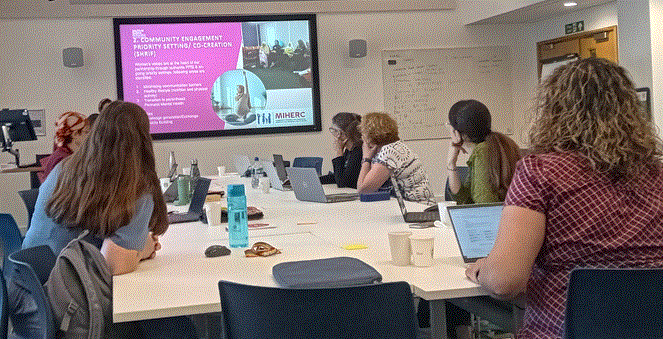
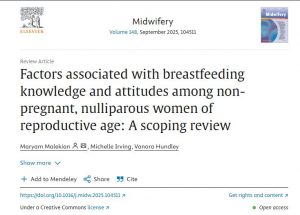 Malekian M, Irving M, Hundley V (2025) Factors associated with breastfeeding knowledge and attitudes among non-pregnant, nulliparous women of reproductive age: A Scoping review. Midwifery, vol 148, September, 104511
Malekian M, Irving M, Hundley V (2025) Factors associated with breastfeeding knowledge and attitudes among non-pregnant, nulliparous women of reproductive age: A Scoping review. Midwifery, vol 148, September, 104511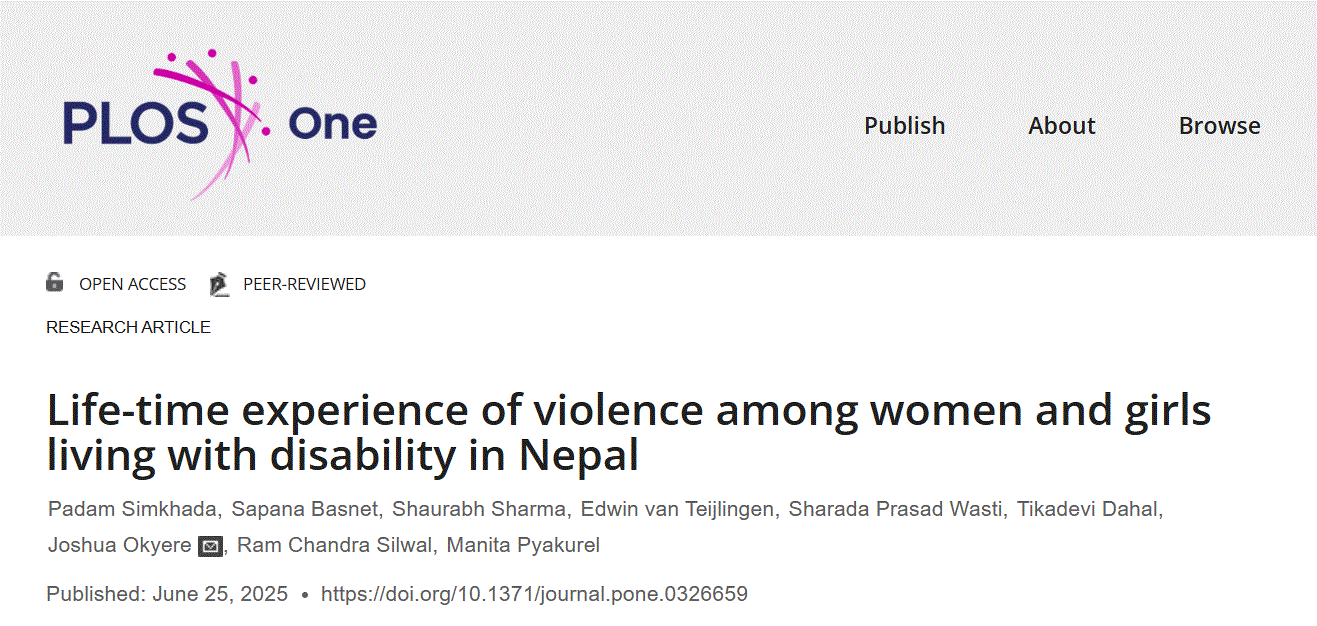
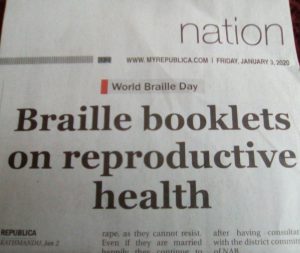

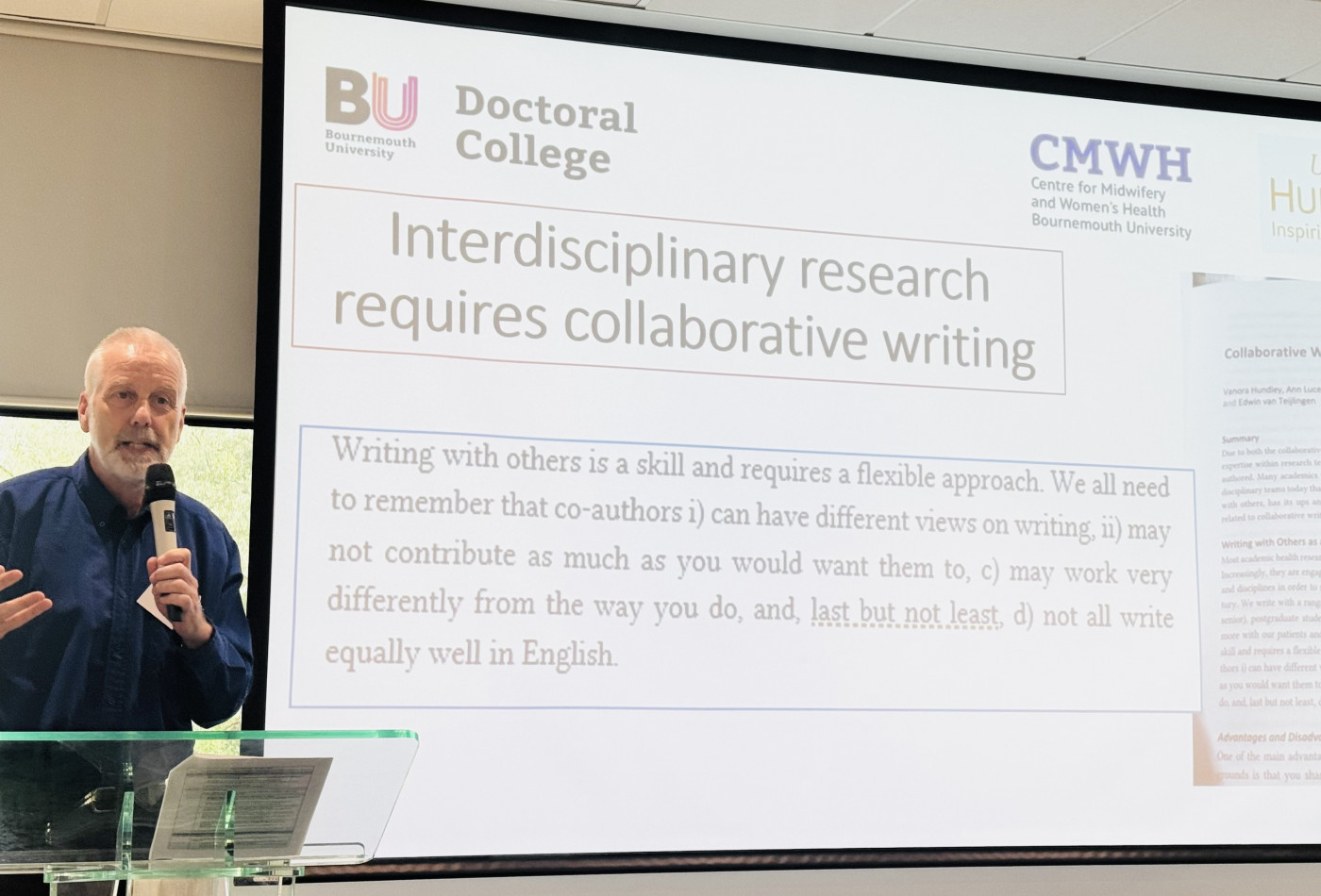
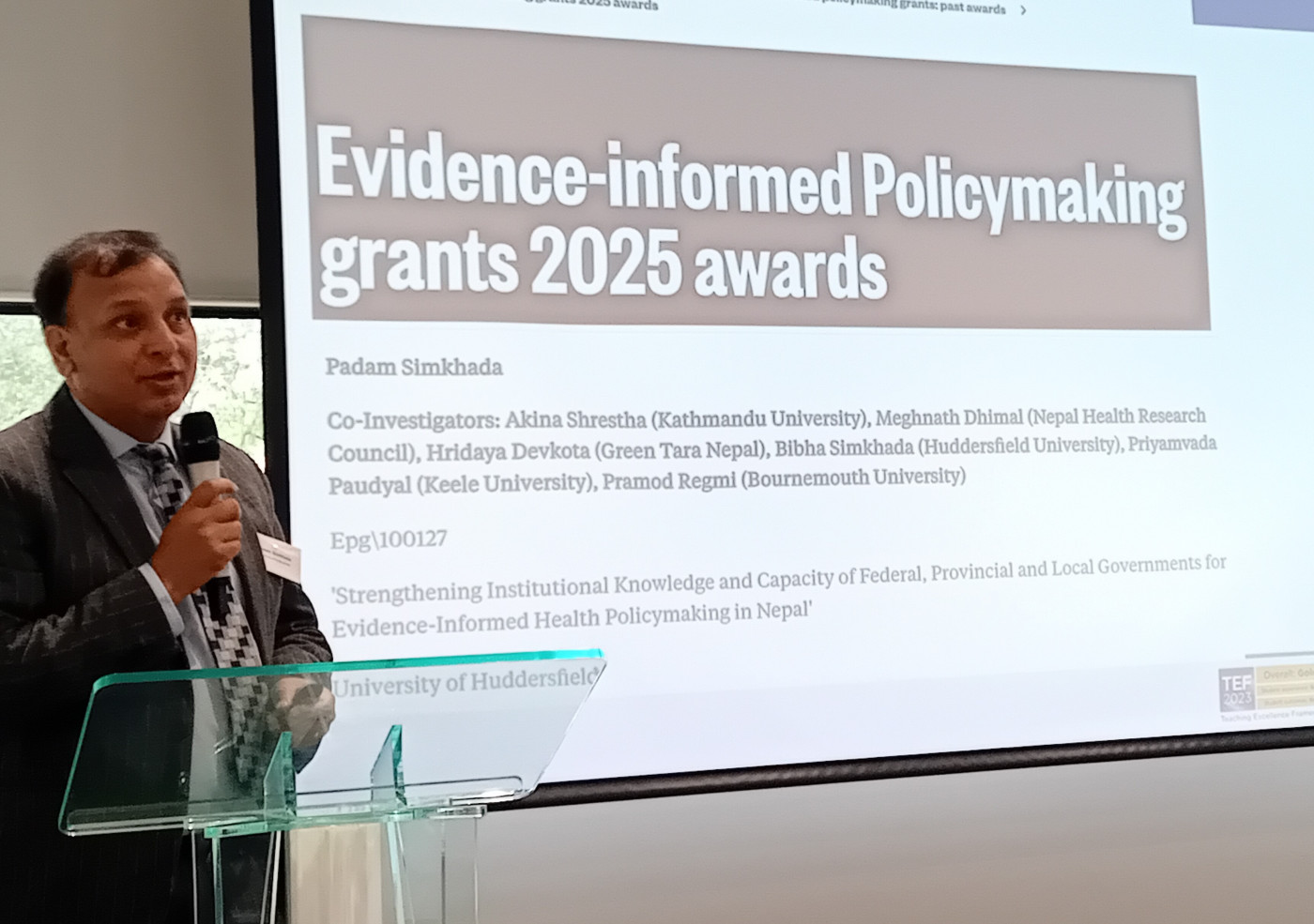



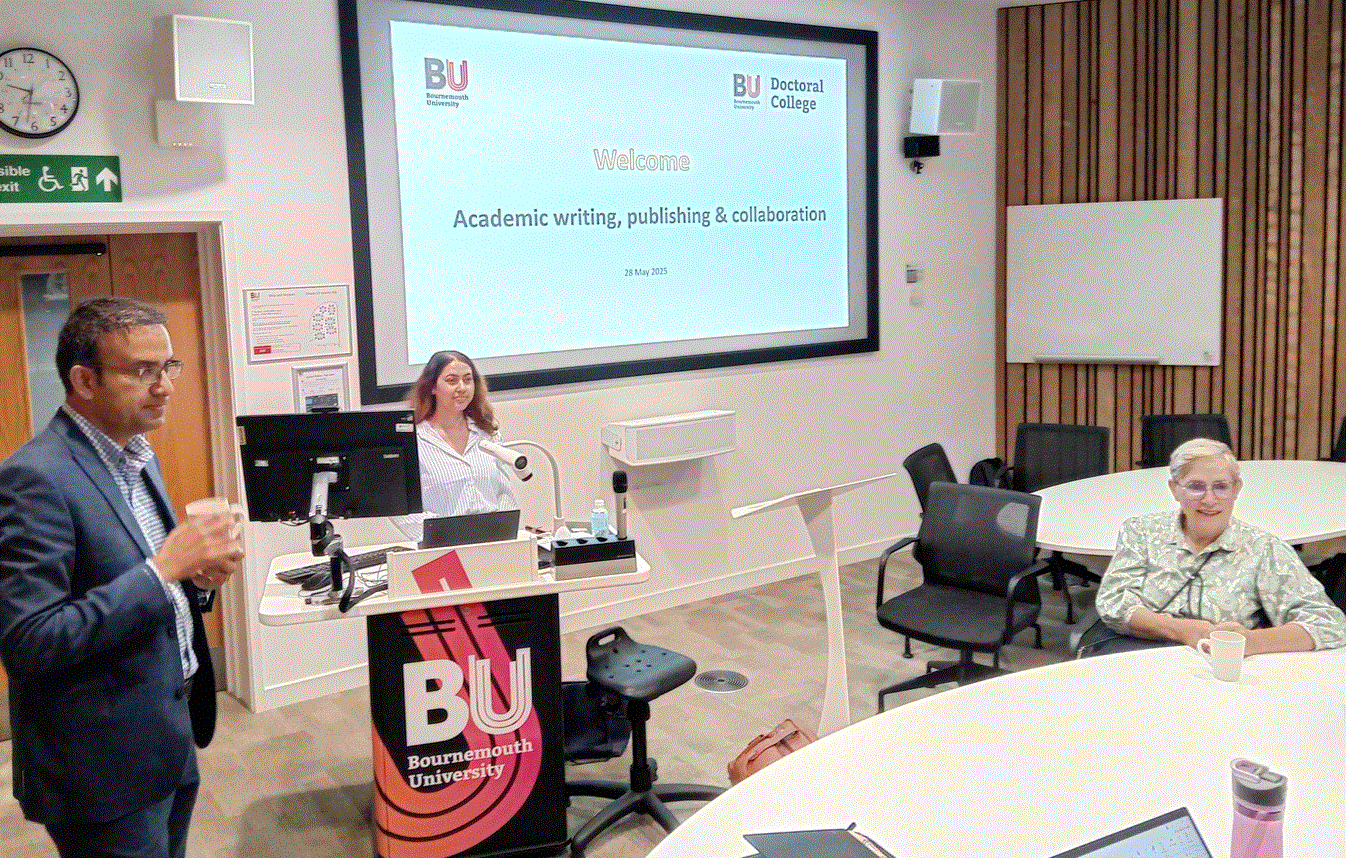

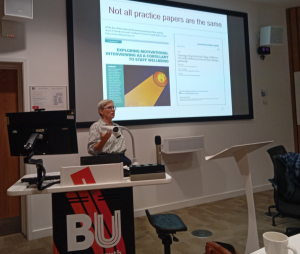

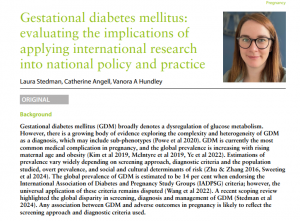 Laura Stedman reports on the global variance in screening approaches and diagnostic criteria for gestational diabetes mellitus (GDM). She explores the impact of these differences on policy recommendations and practice. Without a universally accepted screening criterion, the variance in approaches makes accurately calculating the prevalence of GDM difficult. Untreated GDM results in women being more likely to experience pre-eclampsia, caesarean birth or stillbirth, while babies are more likely to be born prematurely, macrosomic or large for gestational age.
Laura Stedman reports on the global variance in screening approaches and diagnostic criteria for gestational diabetes mellitus (GDM). She explores the impact of these differences on policy recommendations and practice. Without a universally accepted screening criterion, the variance in approaches makes accurately calculating the prevalence of GDM difficult. Untreated GDM results in women being more likely to experience pre-eclampsia, caesarean birth or stillbirth, while babies are more likely to be born prematurely, macrosomic or large for gestational age. Also in this issue, Maryam Malekian, a MRes student in CMWH, has had her scoping review protocol published. Maryam has recently completed the review looking at knowledge and attitudes of nulliparous women regarding breastfeeding. She presented this work at the Maternal, Parental and Infant Nutrition and Nurture Unit (MAINN) Conference in April and has submitted the findings for publication.
Also in this issue, Maryam Malekian, a MRes student in CMWH, has had her scoping review protocol published. Maryam has recently completed the review looking at knowledge and attitudes of nulliparous women regarding breastfeeding. She presented this work at the Maternal, Parental and Infant Nutrition and Nurture Unit (MAINN) Conference in April and has submitted the findings for publication.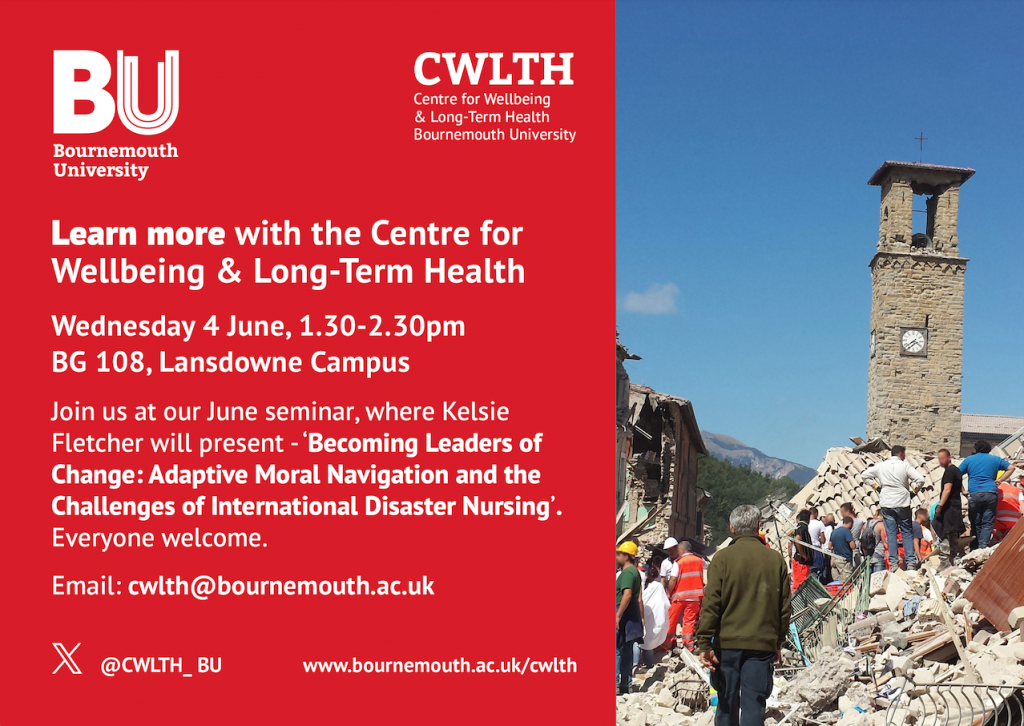

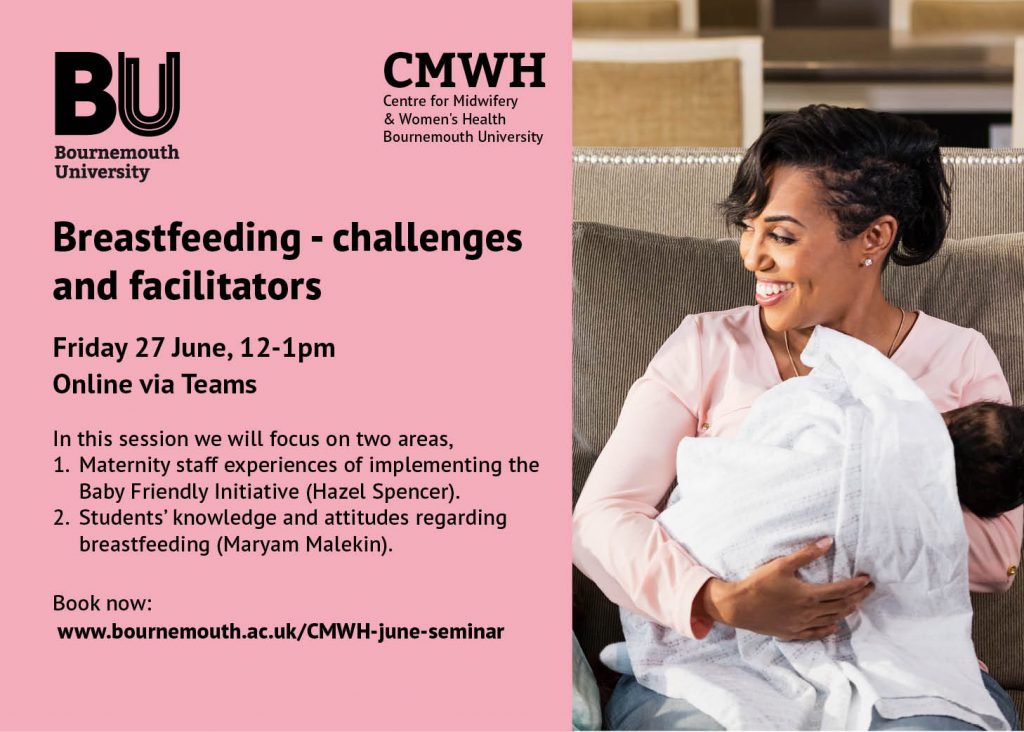



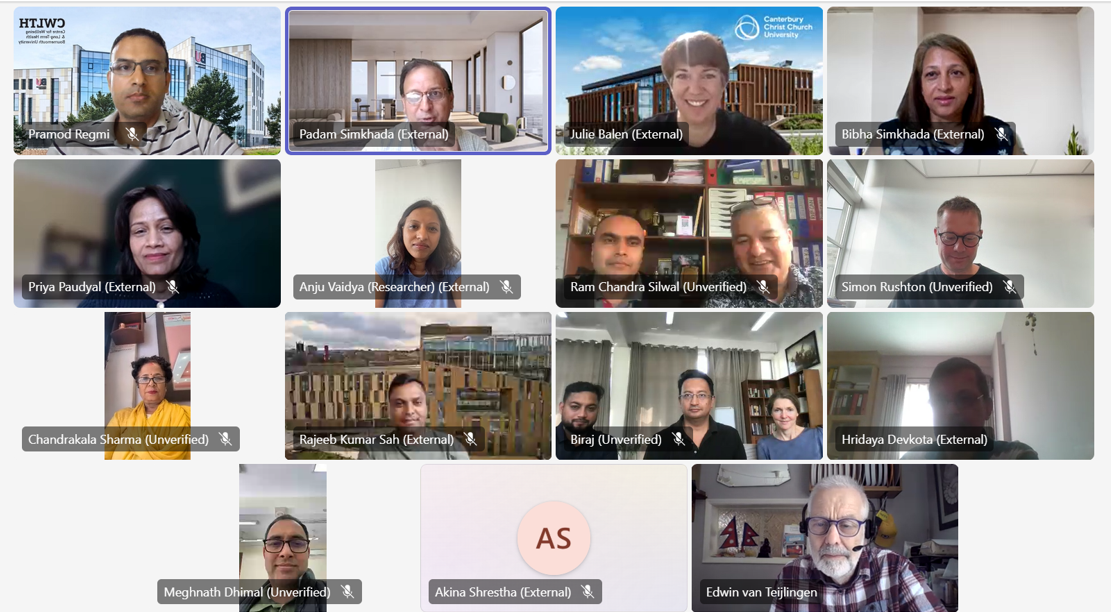





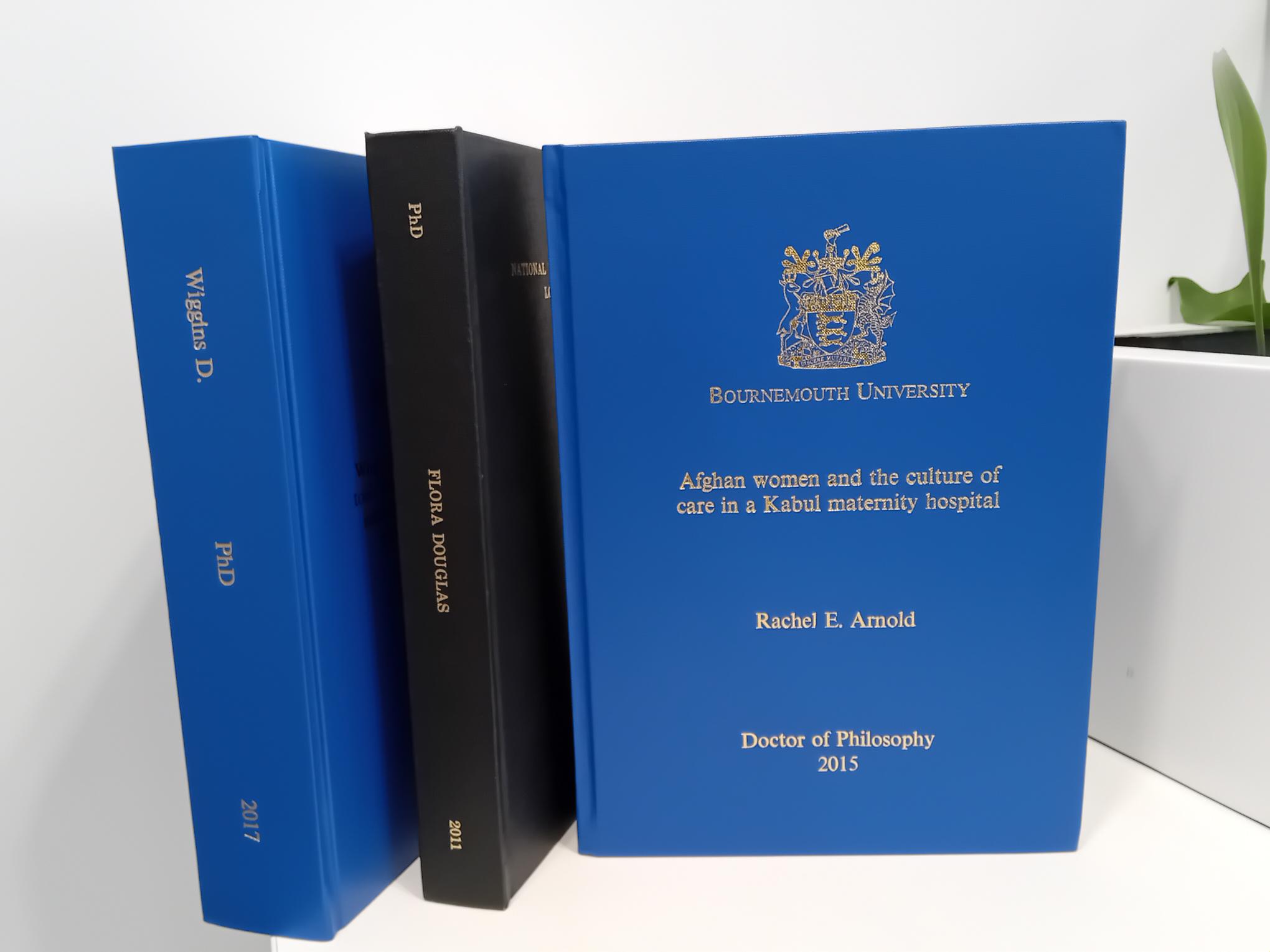

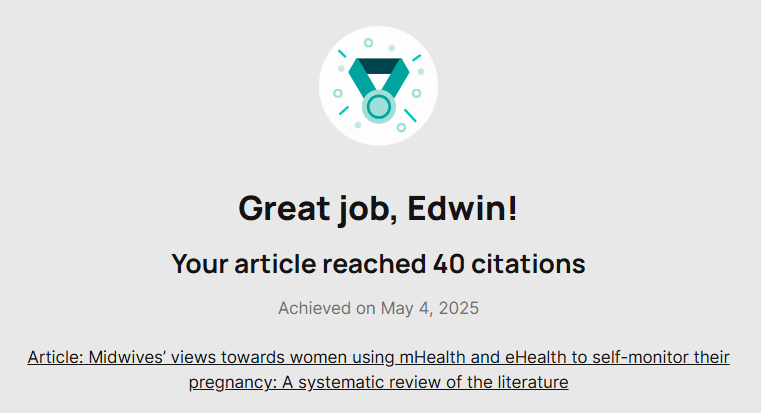

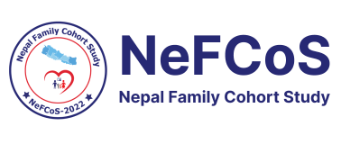
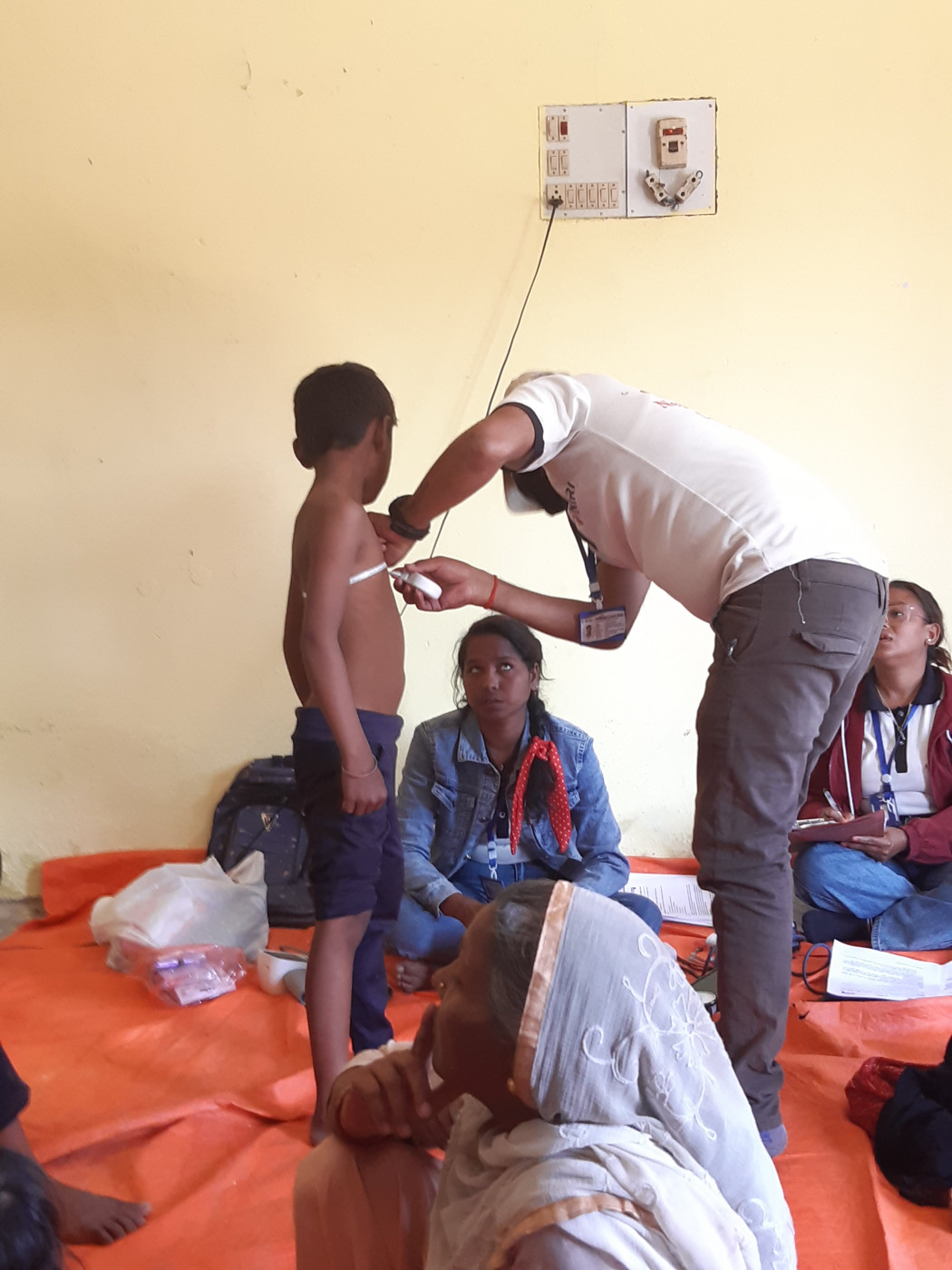
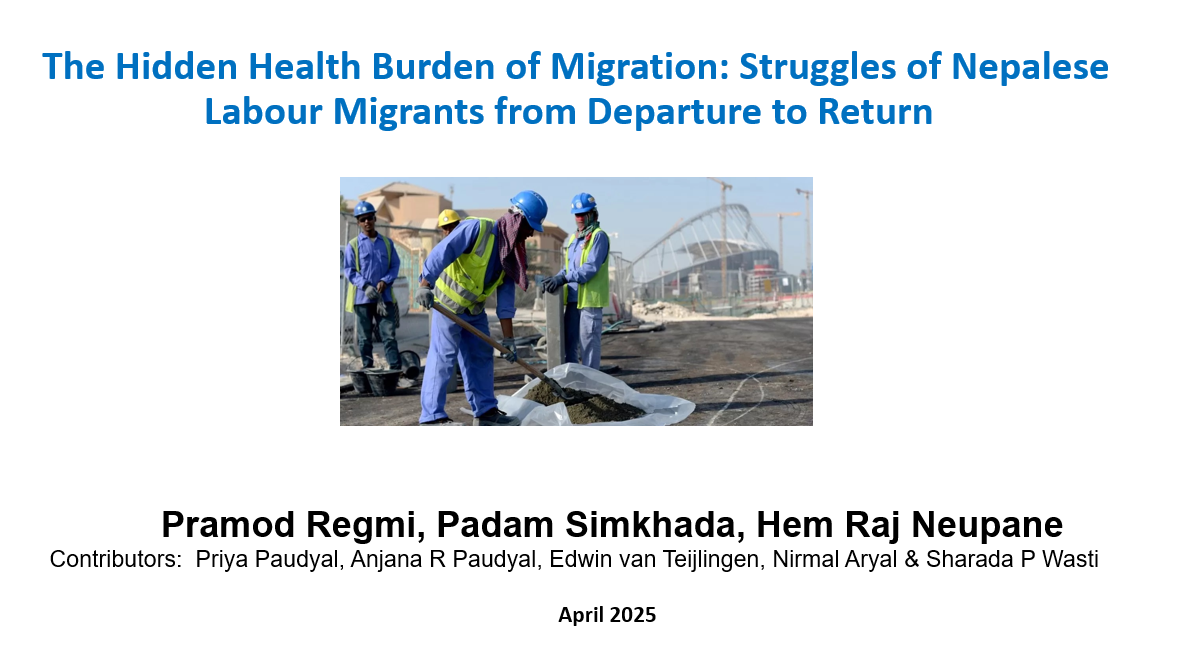


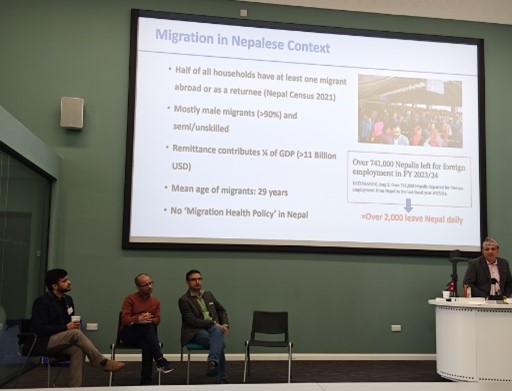














 BU Leads AI-Driven Work Package in EU Horizon SUSHEAS Project
BU Leads AI-Driven Work Package in EU Horizon SUSHEAS Project Evidence Synthesis Centre open at Kathmandu University
Evidence Synthesis Centre open at Kathmandu University Expand Your Impact: Collaboration and Networking Workshops for Researchers
Expand Your Impact: Collaboration and Networking Workshops for Researchers Visiting Prof. Sujan Marahatta presenting at BU
Visiting Prof. Sujan Marahatta presenting at BU 3C Event: Research Culture, Community & Can you Guess Who? Thursday 26 March 1-2pm
3C Event: Research Culture, Community & Can you Guess Who? Thursday 26 March 1-2pm ECR Funding Open Call: Research Culture & Community Grant – Apply now
ECR Funding Open Call: Research Culture & Community Grant – Apply now ECR Funding Open Call: Research Culture & Community Grant – Application Deadline Friday 12 December
ECR Funding Open Call: Research Culture & Community Grant – Application Deadline Friday 12 December MSCA Postdoctoral Fellowships 2025 Call
MSCA Postdoctoral Fellowships 2025 Call ERC Advanced Grant 2025 Webinar
ERC Advanced Grant 2025 Webinar Update on UKRO services
Update on UKRO services European research project exploring use of ‘virtual twins’ to better manage metabolic associated fatty liver disease
European research project exploring use of ‘virtual twins’ to better manage metabolic associated fatty liver disease